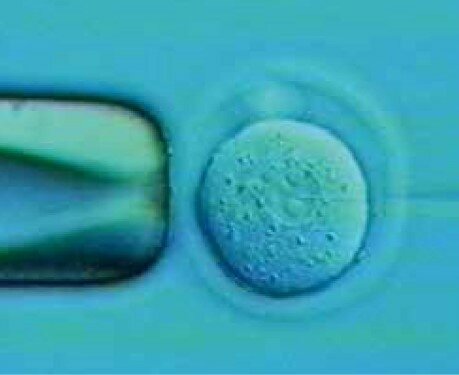Graduate School of Medical Science Major of Innovative Medical Science Research / Faculty of Medicine, School of Medicine
Department of Heavy Particle Medical Science
Yamagata University Faculty of Medicine is constructing East Japan Heavy Ion Center, Faculty of Medicine, Yamagata University to begin treatment in FY2019 Carbon ion therapy is a state-of-the-art cancer therapy that involves knowledge about not only medicine bnt also science and technology. Specialists like radiation oncologists, medical physicists and Medical radiographers need to collaborate to obtain the best clinical outcome. Department of Heavy Particle Medical Science, which collaborates with Department of Radiation Oncology, accepts not only medical stndents but also gradnates in science and engineering. We educate carbon ion therapy specialists based on each career with gaining vast knowledge on carbon ion therapy. We support them to get required licenses for carbon ion therapy, and guide them to contribute to development of carbon ion therapy. Our research themes are clinical study on carbon ion therapy, medical physics study on improvement of precision of carbon ion therapy, study on improvement of carbon ion therapy system, etc. After graduation, they are expected to go to not only medical institution but also medical device fabricator, government officials, and any radiation-related industry.
Department of Biochemistry and Molecular Biology [HP]
We are responsible for the class on Human Metabolism at the first grade of medical students and give lectures and practical regarding Molecular Biology and Cell Biology as well as Biochemistry. As a department in the Graduate School, we also educate and train up graduate students and help them become researchers in the fields of medicine and life sciences and competent human resources in the world. We are working on scientific topics, such as reduction-oxidation (Redox) reactions essential for living, a variety of diseases including lifestyle-related diseases. and aging, by focusing on oxidative stress. Reactive oxygen species are inevitably produced during daily life, e.g. exercise. studying, and working, and may cause oxidative stress. We have been trying to unveil molecular mechanisms of diseases associated with oxidative stress and contribute to a life of wellness.
Department of Functional Genomics

In our department, gene functional analyses are performed using model animals such as mice and frogs to clarify genetic information, that is, the nucleotide sequences associated with diseases and its physiological and pathological function. By gene editing technology, we are establishing model animals carrying the same mutations as in patients and investigating the phenotype to understand function of gene or non-coding regions. We teach the structure and function of gene and genome and methods for analyses on structure and function of gene in the subject named "Analytical and Functional Genomics" for first-year students of faculty of medicine.
Department of Public Health and Hygiene
Public health is the science of preventing diseases, protecting life, and promoting health in communities and individuals. Our department provides education and training opportunities in epidemiological research as well as other core skills in public health. Epidemiology has now expanded its scope from traditional epidemiological designs that uncover health risk factors in lifestyle such as smoking and dietary information to emerging molecular epidemiological research identifying and utilizing novel genetic factors contributing to understand and prevent common complex diseases. The evidence-based medicine (EBM) is established on the accumulated findings of epidemiological and clinical study findings. Our department provides programs for post-graduate students to enrich their basic understanding of epidemiology and experience in public health research to clinician researchers keen to promote medical science contributing to human health.
Department of Health Policy Science
Department of Health Policy Science focuses on evidence-based policy research on the medical service delivery system and its financing mechanism through the public
health insurance system in Japan. Our research has been carried out, by utilizing a variety of knowledge of social and human science, through the close collaboration
with other departments within the university, medical institutions and administrative agencies in Yamagata Prefecture.
Zao Conference is nationally recognized because of its advanced approach for the effective allocation of medical resources in Yamagata Prefecture. Our department's
mission is to continuously gather and analyze such various data as medical staff and clinical functions of each medical institution and behavioral patterns of patients
in Yamagata Prefecture, thereby presenting policy recommendations and hospital management strategies regarding how to differentiate clinical functions of each
medical institution and how to advance regional cooperation between medical and long-term cares. In addition to these researches on local health care system in
Yamagata Prefecture, we also study nation-wide issues of the Japanese health policy such as medical fee payment system
Department of Pharmaceutical Sciences
We are promoting the development of the ability to judge whether the compounds in question can be seeds of therapeutic or diagnostic agents and, further, to nurture seeds by ourselves. When seeds have been discovered, we arrange clinical studies including, primarily, the formulation of clinical trial protocols in cooperation with the Clinical Research Center of the University Hospital. Also, in consideration of clinical requirements, we develop excellent R&D personnel resources capable of measuring drug concentrations in blood, particularly, for pharmacokinetic studies by gaining cooperation from the Pharmacy Department of the University Hospital.
